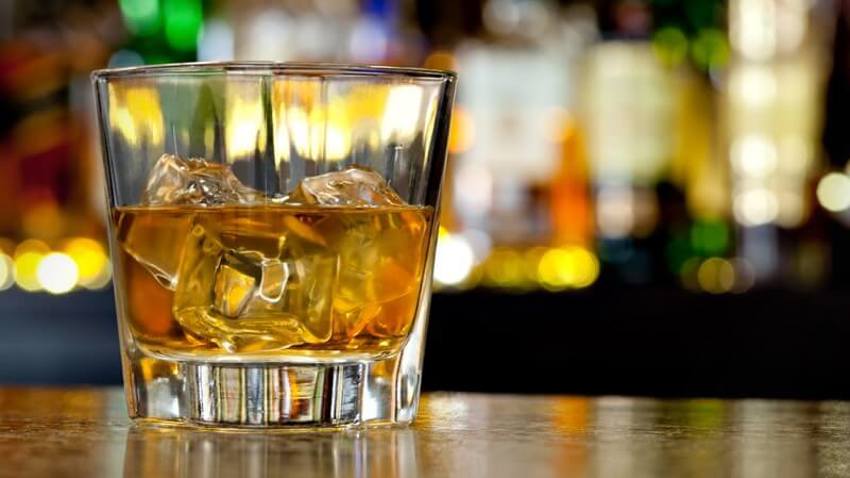
Irish whiskey was once the world's most popular spirit before a series of events put the category into a long decline. Ireland went from 30 distilleries in the 1890's to just 3 in the 1990's. But now, Irish whiskey is resurgent and growing year on year.
Distilling techniques spread to Ireland sometime between 1100 and 1300 by monks. It is widely believed that Ireland is the birthplace of whisky since wine was not easily obtained, barley beer was distilled into liquor which in turn became whiskey. It was then taken by monks to Scotland. Bushmills, with a licence to distil dating back to 1608, is the oldest licenced distillery in the world.
By far the best selling Irish whiskey in the world is Jameson, which was introduced in 1780. It’s a blend of grain and single pot still whiskies, made using a mixture of malted and unmalted or "green" Irish barley, age them in oak casks for a minimum of 4 years.
We know that Irish Whiskey was enjoyed by Elizabeth I and Sir Walter Raleigh, and by the 17th century it had gained a worldwide reputation with Russian Czar Peter the Great quoted as saying "the Irish spirit is the best".

By 1779 Irish whiskey was so popular across the globe there were 1152 registered distilleries and many more unregistered. The number of illicit distilleries restricted the amount of tax revenue and to guarantee a set level of revenue, the English government imposed a still tax, consequently, the number of licences stills dropped by 80%. These licenced stills upped production to cover costs but as a consequence the quality dropped, this whiskey became known as 'Parliament Whiskey'.
“Give an Irishman lager for a month, he’s a dead man. An Irishman is lined with copper & the beer corrodes it. But whisk(e)y polishes copper & is the saving of him.”
By Mark Twain
The major Dublin based distillers did not embrace the Coffey still, preferring the fuller flavoured pot still whiskey, leaving the Scots to steal a march using grain whisky from column stills to create cheaper blended whisky brands.
Irish whiskey must be produced and aged in Ireland and aged for a minimum of three years in oak. There are fewer regulations than its Scottish counterpart and it may contain an amount of unmalted barley. Generally, Irish producers will triple distil their whiskey and don't use peat in the drying process.
Irish whiskey had to contend with the decline of the export market due to the prohibition in the US; mass emigration, export restrictions due to war with Britain and Independence, and the Great Depression. Now Irish whiskey is having a renaissance with a number of new distilleries being opened and significant investments by major brand owners.

With this new investment, we’re seeing innovation return to the category. For example, Jameson has recently released Caskmates, partnering with Irish micro-brewery Franciscan Well to finish the classic Jameson whiskey in stout seasoned whiskey casks. In doing so adding notes of cocoa, coffee and butterscotch to the liquid.
When you think about it, linking beer and Irish whiskey makes sense. While beer is fermented and whiskey is distilled, the basic ingredients are the same: malted grain, yeast and water. Beer and whiskey have been drunk together since the 1400’s. It all started with people drinking low-strength beers with their whiskey as a thirst quencher. Over the years, this combination has developed into a ritual known as a ‘chaser’.
In growing sales of Irish whiskey in your outlet, this inherent link with beer may be the key. Ale and stout drinkers can recognise the flavours and aromas found in whiskey that echo those of the beers they enjoy. Offering a Caskmates chaser as an upsell for people ordering a stout is an ideal way of generating incremental purchases. This can be achieved through simple questioning or as a personal recommendation by the bartender.

View our St. Patricks Day POS templates >
With the 6 nations in full flow and St. Patricks Day on the horizon, now is the perfect time to examine your whisky range. We know that the more whiskies stocked by an outlet, the more whisk(e)y that is sold. So as well as some Scotch and some Bourbon, don’t forget some Irish.

